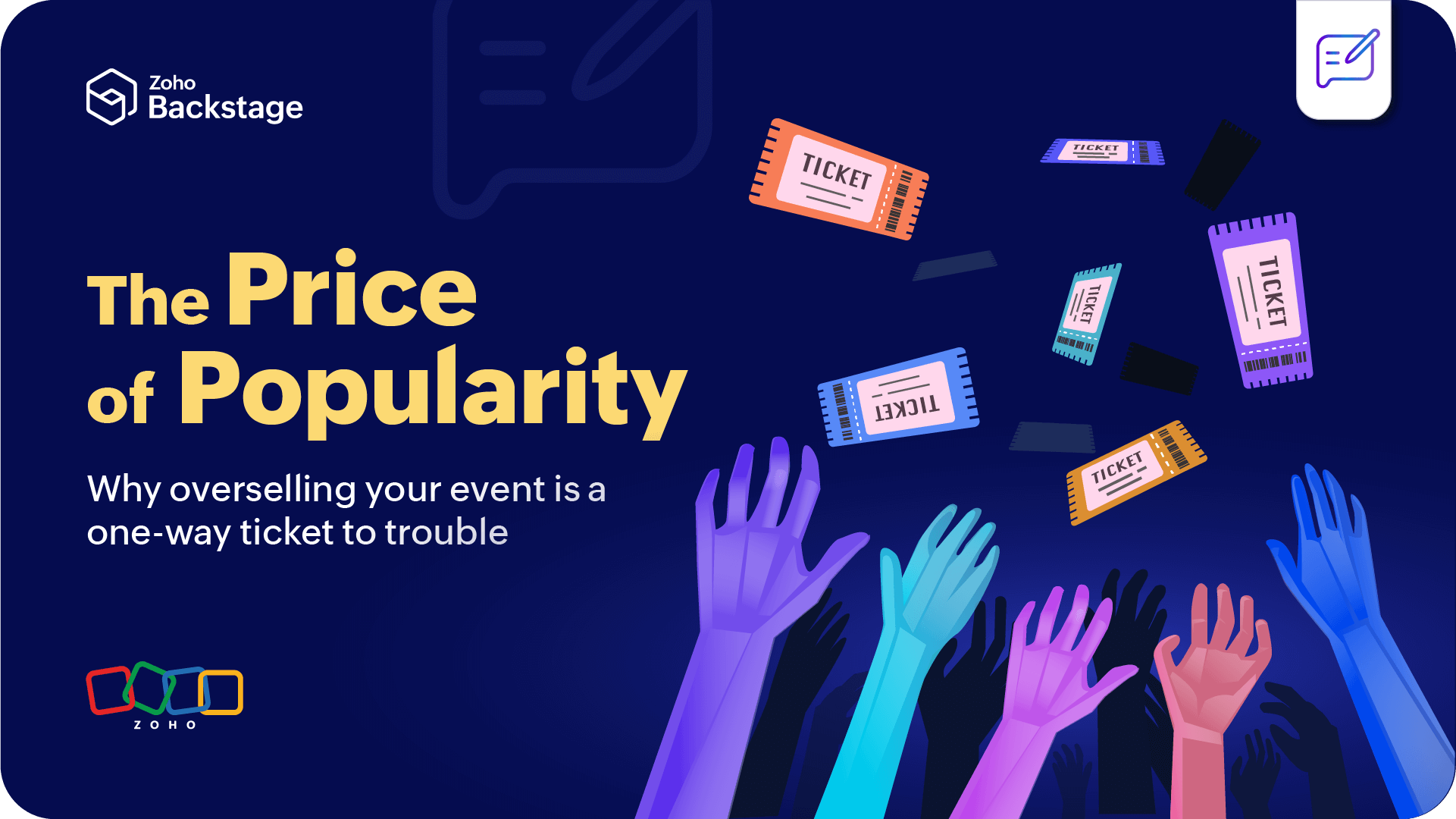Negotiation strategies for event organizers to get the best deals
- Last Updated : August 18, 2023
- 4.4K Views
- 5 Min Read

Being in the event industry means making and maintaining a lot of business connections. To be successful at creating meaningful partnerships, you have to be excellent at talking your vendors into agreeing to a mutually beneficial deal. Event planners negotiate almost every day—not just with vendors, but also with all other stakeholders in the business. In fact, that’s what makes negotiation one of the core skills required to be a part of the event industry.
In this blog, we’re going to look at how to approach negotiations to succeed at getting great deals for yourself.
Types of negotiations
Now, before we dive deeper to understand these strategies, let’s look at what type of negotiations you can hold and in what situation they would be helpful.
To start with, you’ll have to understand and weigh the importance of your deal against maintaining a long-term relationship with the other party. Based on the goal, you can broadly categorize negotiation as distributive or integrative.
Distributive negotiation
Distributive negotiation is where you’re only looking out for your gain and don’t care much about maintaining a relationship with the other person. This type of negotiation creates a win-lose situation that could potentially alienate them. You can employ this type of negotiation when you know it’s a one-time deal and don’t plan on staying in touch with the other party.
For example, this could work when you’re negotiating the price of a booth with a particular exhibitor you think might not return the next year. In this instance, you shouldn’t worry about compromising too much to offer them the best price.
Integrative negotiation
The other type of negotiation strategy is an integrative negotiation. In this one, both parties try to find a solution that satisfies each of their needs. They compromise to arrive at the middle ground in order to create a win-win situation. You can employ this strategy when you want to maintain a long-term relationship with the other party or when both parties involved have equal bargaining power.
For example, when negotiating with sponsors for your event, you can lay out all the benefits you and the sponsor expect out of this deal and arrive at a solution that mostly pleases everyone, even if someone doesn’t get everything they initially wanted.
Subscribe to The Green Room
Sign up here and get all the most relevant MICE industry content delivered right to your inbox once a month.
By submitting this form, you agree to the processing of personal data according to our Privacy policy.
How to choose a negotiation strategy
The differences between these two strategies bring us to the important question: in what situations should you use which strategy? One thing to remember is that distributive negotiation can be used when you have strong negotiation points and you’re in a good position to bargain. On the other hand, when the situation isn’t in your favor but you still want to win something out of the bargain, it’s best to use the integrative approach. It’s sensible to look at the terms of your relationship as well. If you want to maintain a friendly competitive relationship, it’s best to go for an integrative approach. However, if you think it’s only a matter of one deal and you won’t need the negotiator’s support in the future, the distributive approach is the best way to go.
Let’s look at a few things to be aware of before getting into a negotiation.
Have alternatives
A good negotiator’s strength is their choice of alternatives. Going into negotiations with an attractive offer from a competitor already in hand—also known as a BATNA (Best Alternative to Negotiated Agreement)—makes you powerful and confident. A BATNA puts a lot of pressure on the opponent because it essentially implies you’re threatening to leave the deal if they can’t match or better your current offer. Distributive negotiations should only be pursued if you already have an attractive alternative. Otherwise, you might end up empty-handed and having ruined a relationship with the vendor.
Research your opponents
The second most powerful scenario is when you have information about the party with whom you’re negotiating. Knowing their strengths, weaknesses, preferences, the best price they can pay, and worries and constraints can help you decide how to approach a deal and position yourself to benefit.
You can get this information by doing detailed research about them before sitting at the negotiation table. Ask them about their needs and goals while putting yourself in their shoes and understanding their needs. This approach is especially useful when you’re evaluating someone for the first time and have little to no information about them.
Understand how you are perceived
How influential you are in the industry and in society also has an effect during negotiations. Demands made by high-status or highly competent negotiators are more likely to be accepted as opposed to those made by someone just starting out. Being an influential person will also mean more social or professional connections and can result in you having more leverage during negotiations. In a distributive approach, this should easily help you win a favorable deal. On the other hand, in a situation where you don’t have many alternatives and seemingly have less bargaining power, you can often leverage this influence to convince your opponent to agree to a mutually beneficial deal.
Questions to ask before negotiating
In short, here are a few questions you should ask yourself before getting to the negotiation table:
What are my alternatives? Are they better than the current option? Can I look at better opportunities?
Who are my opponents? What are their strengths and weaknesses? How much are they willing to pay?
What is my reputation in front of my opponent and their team? Am I perceived as being important or high-level?
Who are my social contacts? Will they be able to help me get a favorable deal?
We hope these tactics will help you negotiate better and get the best deals. Do you use any of these strategies? If you have any other interesting strategies you follow to win a bargain, let us know in the comments below.
If, like us, you're more of a social person, let's connect on Twitter (@ZohoBackstage) and we'll keep you up-to-date with all the latest event news.
 Veena
VeenaI stalk event trends. A marketer for Zoho Backstage. Love music from the '60s and '80s.








